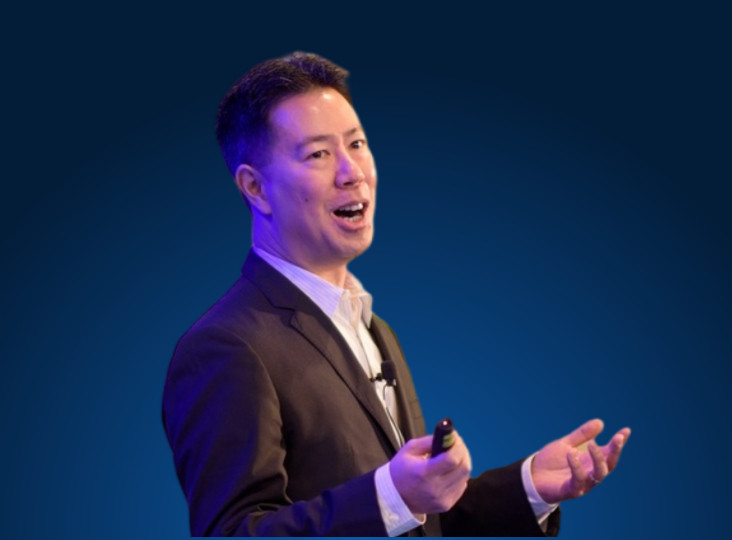Meaningful improvements in patient care start with systems work
Meaningful improvements in patient care start with systems work
Join us as we kick off a new season of NRC Health’s Patient No Longer podcast designed exclusively for healthcare visionaries ready to envision a new era in the healthcare customer journey.
Conversation:
Building better health outcomes by design, hosted by Ryan Donohue, thought leader, author, and strategic advisor with NRC Health
Podcast Guest:
Korby Miller, MS I/O Psy, CPXP, CPHQ, Vice President of Experience, Safety, and Quality Operations at Prisma Health
In this episode of Patient No Longer, Miller discusses the value of creating a learning and improvement organization that builds solid systems to improve culture.
Highlights:
System work is culture work. Miller emphasizes the importance of creating strong systems in healthcare organizations. She argues that focusing on improving the culture without having robust systems in place may not yield the desired outcomes. By changing and optimizing systems, the behavior of healthcare teams can be positively influenced, leading to a culture where individuals feel empowered to contribute and speak up.
“Culture emerges from, I know when I speak up, my organization cares, because they handle it,” Miller says. “That’s what we mean by system work; it is culture work. When you change systems, it literally changes the behavior of your teams and their feeling of being able to contribute. We believe in creating systems with our teams, with our patients—not to them, but for them. So if we’re creating these systems together, then the systems are just how we conduct business every day and treat our patients.”
Building trust in challenging times is hard—but worth it. Miller acknowledges the current challenges around building trust, especially in an environment where healthcare faces innumerable difficulties, including limited resources. However, she believes that trust can be built even during challenging times by implementing effective systems and demonstrating a commitment to address issues promptly. Doing that, she says, healthcare organizations can foster trust within their teams and communities.
“We’re seeing ‘likelihood to recommend’ scores better than they’ve ever been in our organization, during a challenging time,” she says. “So it’s possible to build trust even in the challenging times that healthcare faces, with limited resources economically. It’s possible. I do think it’s more challenging, but it’s crucial. And we say a lot in our organization that experience leads to trust, and trust leads to better health outcomes.”
Don’t be afraid to be a learning-and-improvement organization. Miller describes Prisma Health as a learning-and-improvement organization, and emphasized the need for healthcare organizations to evolve and improve continuously. By consolidating data and providing a structured approach to learning, the organization aims to empower frontline teams to make meaningful improvements in patient care. Prisma Health has done this through its Pulse program, a branded learning-and-improvement program.
“We say we’re a learning-and-improvement organization, because if we’re really an organization that wants to evolve and get better constantly, then we have to be a learning-and-improvement organization,” Miller says. “We can’t stay stagnant. A lot of organizations try to operationalize that, and we’ve done that through our Pulse program. By branding a program and bringing the ecosystem of healthcare together in a very concentrated, focused, branded way, we’re now bringing all the elements of learning.”
Listen to the Patient No Longer episode to learn why Miller believes that while healthcare is a journey, it’s also classifiable as sociotechnical work.


